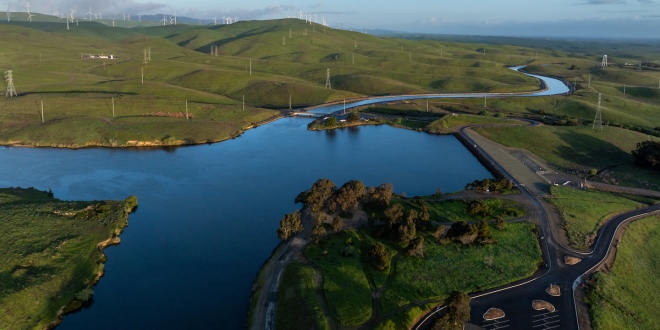Last week the Department of Water Resources (DWR) released the highly-anticipated benefit-cost analysis for the Delta Conveyance Project and it comes as no surprise that the report says the infrastructure modernization project’s benefits would far surpass the cost to build.
The analysis, conducted by the Berkeley Research Group but paid for by the state, said that for every $1 spent, $2.20 in benefits would be generated and pointed out that doing nothing posed significant future challenges to supplying water to California communities.
“The Delta Conveyance Project passes the benefit-cost test readily, with benefits that are more than double the cost,” said Dr. David Sunding, Emeritus Professor, UC Berkeley, who led the benefit-cost analysis. “The project enables ongoing demands to be satisfied and water supply reliability to be maintained,” he said, adding “the benefits clearly justify the costs.”
The proposed project would build a tunnel about 45 miles (72 kilometers) long and 36 feet (11 meters) wide, large enough to carry more than 161 million gallons of water per hour. The analysis released Thursday says the tunnel would increase water deliveries by about 17 percent.
The Delta Conveyance Design and Construction Authority (DCA) estimates the project will cost $20.1B, up from a preliminary estimate in 2020 of $16B. Officials, who attribute the rising cost to inflation, say it’s worth paying so the state can prepare for drought exacerbated by climate change.
“There is a very real cost to do nothing. It is vastly more efficient and economical to avoid declining supplies,” said Karla Nemeth, director of the California Department of Water Resources. “Water shortages, mandatory restrictions, land fallowing and job loss all impact our state and local economies.”
 California Water News Daily Your Source For Water News in California
California Water News Daily Your Source For Water News in California


